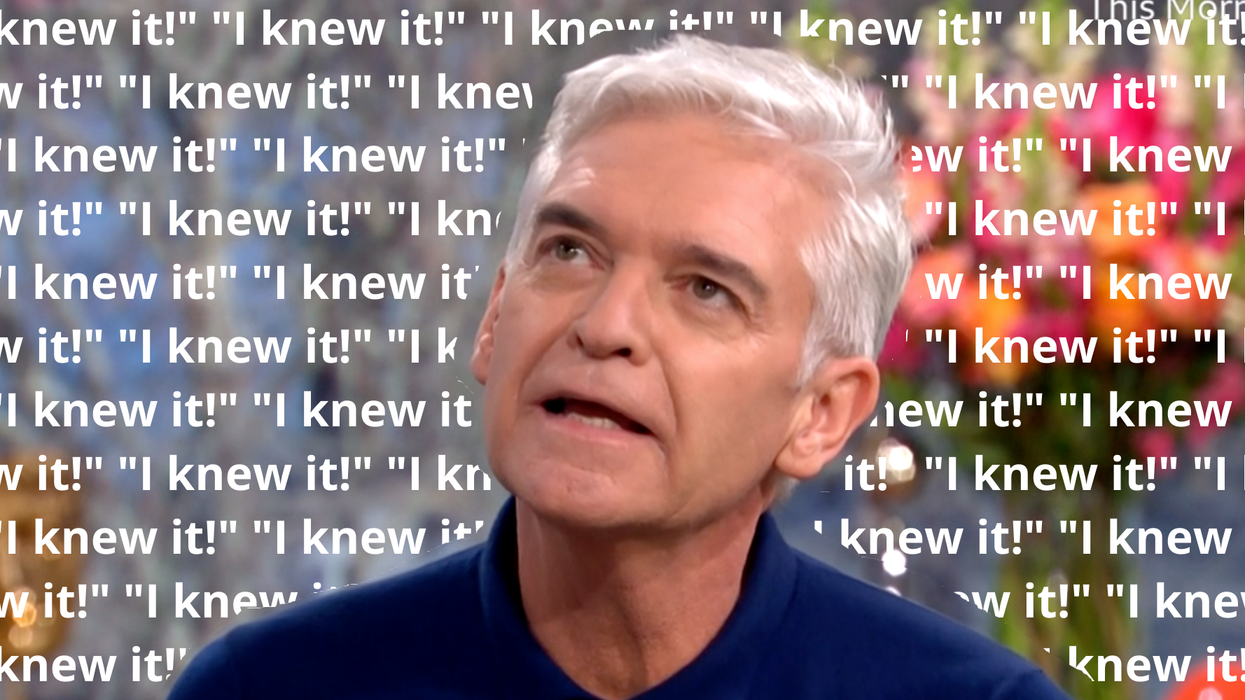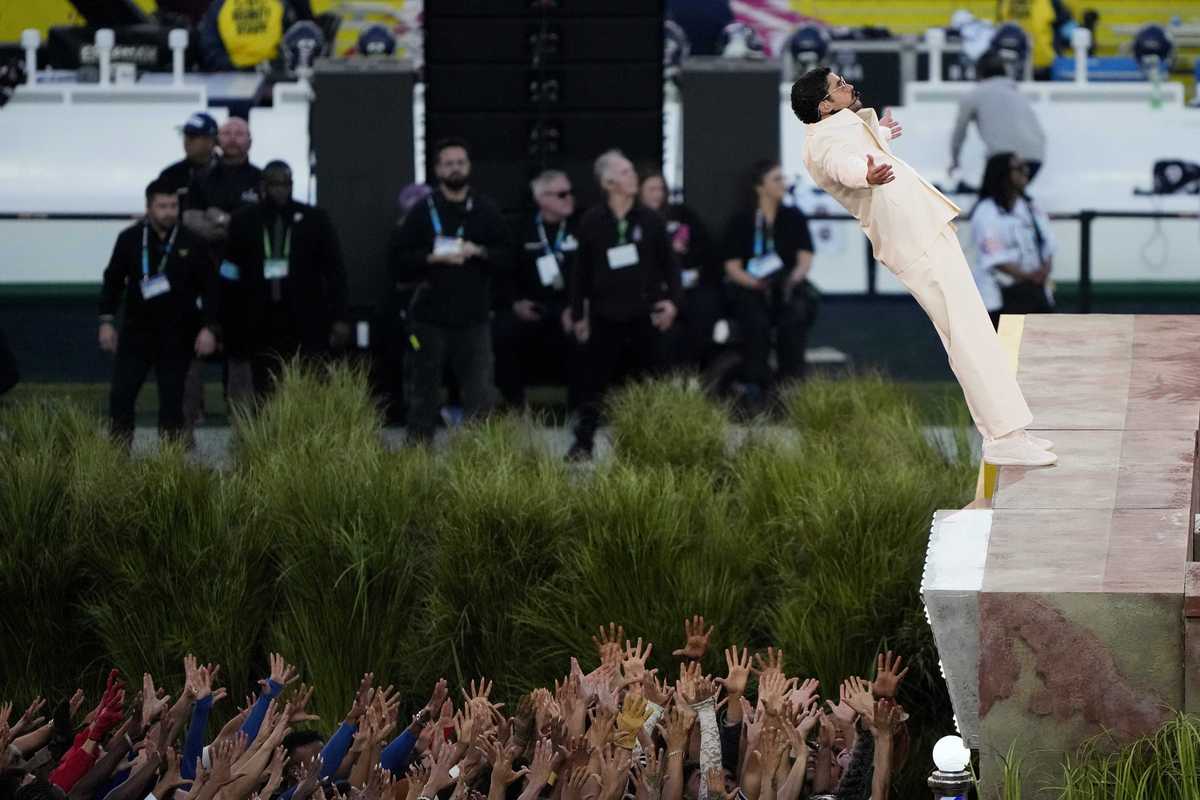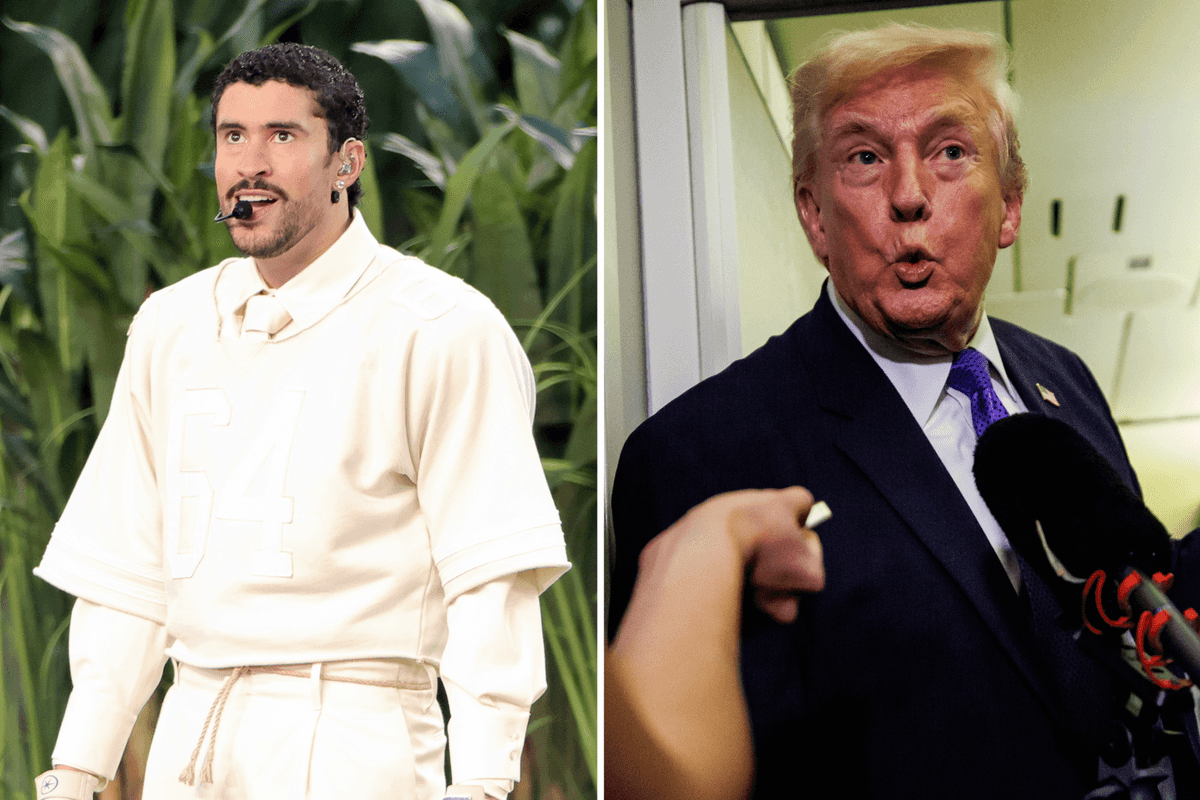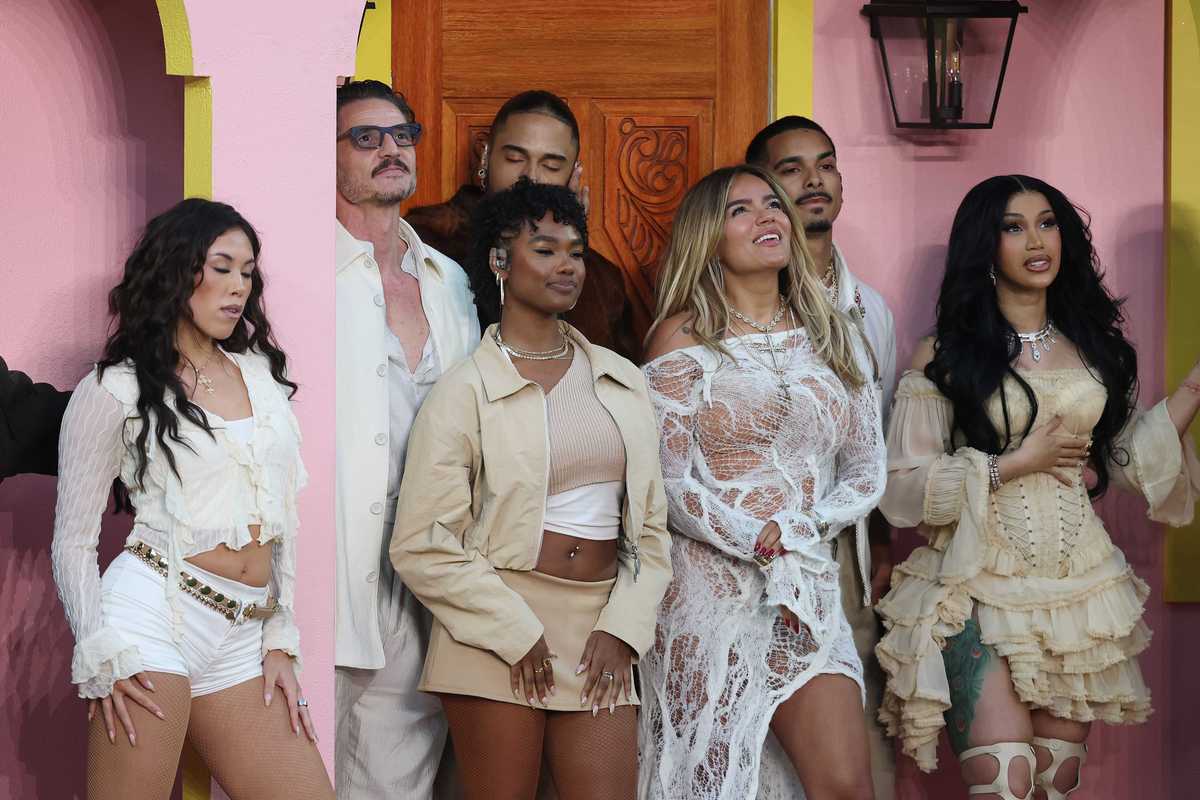Celebrities
Louis Staples
Feb 07, 2020
Coming out is something that every LGBTQ+ person has a different relationship with.
Each of us has our own set of circumstances: our own identity, our own culture, our own families and our own story. Mine happened as my friend poured cheap vodka into a plastic bottle for us to sneak out of the house when I was 16. And then to my mum a few months later on a sun lounger in Greece.
The news that Phillip Schofield has come out as gay at the age of 57 has been met with a predictable set of encouraging and awful reactions.
On the whole, the response to the ITV presenter – who has been married to a woman for 27 years and has two children – has been overwhelmingly supportive.
But, of course, there’s also been quite a lot of people on Twitter who’ve felt the need to tell us that they “knew all along” that Schofield is gay.
*Excuse me, I just rolled my eyes so much I’ll have to fetch them from the back of my skull*
As a gay man, I’m able to laugh about this predictably one-dimensional response to what will probably be the most important and complex moment in Schofield’s life. But the reality is that, whether it’s a famous TV presenter or someone you knew from school who’s decided to tell the world their story, this reaction is really unhelpful.
In most cases, the “I always knew!” response is meant in good faith. I can’t tell you how many people – mostly straight men I knew from school after a few beers – have said this to me over the years. (I mean, they have a point: I probably lip-synced to Britney Spears on my way out of the womb).
Yet even when people say it to me – someone who I’m acutely aware conforms to several of the behavioural “norms” of gayness that we are taught to associate with all gay men – this response always makes my spine tingle.
To say that you “always knew!” an LGBTQ+ person is LGBTQ+, even before they might have, probably seems like a way of saying “just to let you know, I’m okay with it!”. I understand why straight people, particularly parents, might say this.
But in reality this just minimises what for a lot of us can be an incredibly difficult and complex journey.
Most people in the closet live under the proviso that everyone is fooled – that the stereotypical “gay” traits they’re suppressing aren’t showing. We become hyper-vigilant over our behaviour, with the threat of our unmasking never far from our minds. Saying “I always knew” can make people feel shameful for all of this pretending, like everyone was in on the joke but them. It can also alienate LGBTQ+ people who don’t conform to the stereotypes of what straight people expect them to be.
At the end of the day, stereotyping gay people can be a form of homophobia. So if you actually did suspect that someone was LGBTQ+, maybe just keep it to yourself? Is it really necessary to say it publicly?
Schofield is probably more aware than anyone that the closet exists in all shapes and sizes. I have friends who aren’t out to their families, or at work, but who have a wide circle of queer friends outside of those spaces. I have friends who re-closet themselves during job interviews or when they go to the barbers for a trim. For most of us, coming out never really ends.
LGBTQ+ people who don’t tell the world about their sexual identity are no less valid than those of us who do. For some people, particularly those who live in situations or places where it’s unsafe to come out, “the closet” is their life. But while celebrating people like Schofield, let’s remember the LGBTQ+ people in and out of the spotlight who remain silenced – because I guarantee you there’s a lot of them.
And let’s also remember those we have lost – and the family members and friends who’ve had their lives destroyed – because of the corrosive shame that being gay, both in and out of the closet, still brings. Even in 2020, saying “I am gay” is still so hard for some people – and until we address that, lifetimes of happiness will continue to pass people by.
To use an incredibly unhelpful word that I hate using, it takes a certain amount of “privilege” to supposedly “know” that someone is gay, and say this to them, without reflecting on your own complicity in the circumstances that led to their silence. Straight people are the beneficiaries of the system that has encouraged Schofield to live in the closet for 57 years. You don’t have to be a homophobe yourself to be complicit in a homophobic system that literally destroys lives.
So be happy for Schofield, sure, but be ashamed that his announcement took this much time to happen. That’s on all of us – but of course you knew that all along.
More: Phillip Schofield has courageously come out as gay and the internet is sending him love
Top 100
The Conversation (0)














